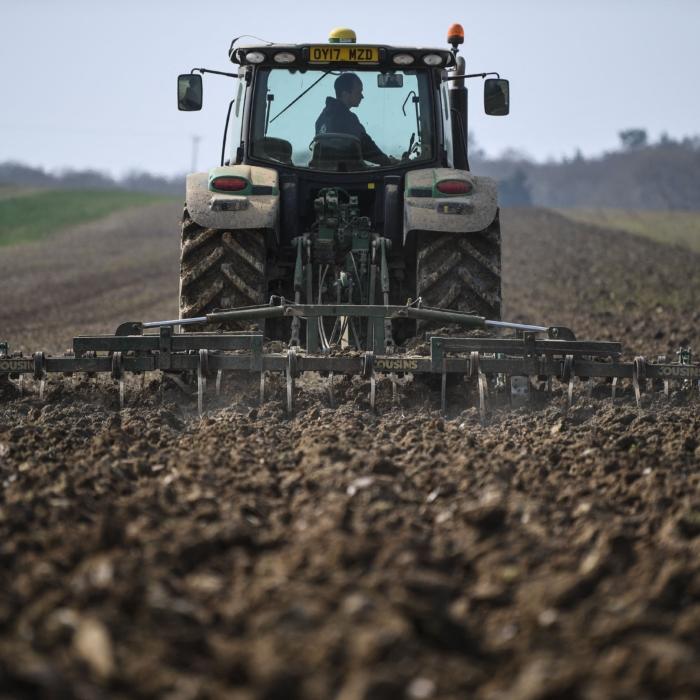Small family farms could be forced to pay up to 159 percent of their profits to pay inheritance tax bills, the Country Land and Business Association (CLA) has said.
The CLA said on Tuesday that despite assurances from the new government that small farms would be unaffected by changes to inheritance tax, modelling conducted by the group said it could be a “death sentence” for many small and medium-sized farms.
According to the analysis, a typical 200-acre arable farm with an expected annual profit of £27,300 would have an inheritance tax liability of £435,000, and if spread over a decade would mean the farmer allocating 159 percent of profits every year to cover the bill. The CLA said that in order to pay that bill, inheritors could be forced to sell 20 percent of their land.
Farmers used to be able to pass on their land and property to family tax-free, but in the Budget revealed last month, Chancellor of the Exchequer Rachel Reeves outlined changes to Agricultural Property Relief (APR) and Business Property Relief. From April, inheritance tax will apply on all combined business and agricultural assets worth over £1 million, resulting in a 20 percent tax when farms are passed down.
Threat to Farming
However, farmers and politicians have warned that family farming could be wiped out in a generation.The CLA said family-run farms are typically asset-rich but cash-poor and its modelling highlights that farmers would be “forced at best into a cycle of stagnation, asset sales, or debt to cover this tax burden, threatening the long-term viability of the UK’s rural landscape and food security.”
Gavin Lane, the CLA’s deputy president, said, “Either the government isn’t being honest with the public about the true impact of these reforms, or they don’t understand the nature of rural businesses.”
“While they frame this as a tax on the wealthy, the reality is that ordinary family farms will be hit just as hard. Asking farms to use their income to pay a huge capital tax bill over ten years, if indeed it is possible, will threaten the future of investment and the viability of the business,” Lane said.
The government says the changes “are expected to affect the wealthiest 500 estates each year with smaller farms not affected.”
‘City-Dwelling Socialist Government’
Shadow environment secretary Victoria Atkins has said that while she supports changes which could clamp down on abuse on tax systems meant to benefit Britain’s farming community, the poor design of the government’s policy “means that it is tenant farmers and farmers in the middle who will struggle, not the very wealthiest.”The shadow minister said: “Farmers are furious, anxious, and even distressed about the changes. They feel that the government are coming after them and their families’ livelihoods, when all that they and their ancestors have done is work hard, follow the rules, and feed us.”
Forced to Sell to Big Corporates
The issue is affecting every corner of the UK and politicians from across the political spectrum—including the unionists in Northern Ireland and the Welsh nationalist Plaid Cymru—are voicing concerns over the impact it will have on farmers in their constituencies.During the same debate on Monday, Liberal Democrat environment and farming spokesman Tim Farron warned that farmers whose families cannot afford the death duties “will have to sell out to another big corporate.”
“Big corporates and big equity houses will buy up farming and non-agricultural family businesses,” Farron said, adding: “When it comes to farming, land will pass into non-agricultural use, and the house will be turned into yet another second home. That will be devastating for not just family farms but rural communities as a whole.”
The Scottish Tories have also urged the Treasury to scrap the measures, with the party’s rural affairs spokesman and farmer Tim Eagle saying the change could “see the end of the family farm as we know it.”







